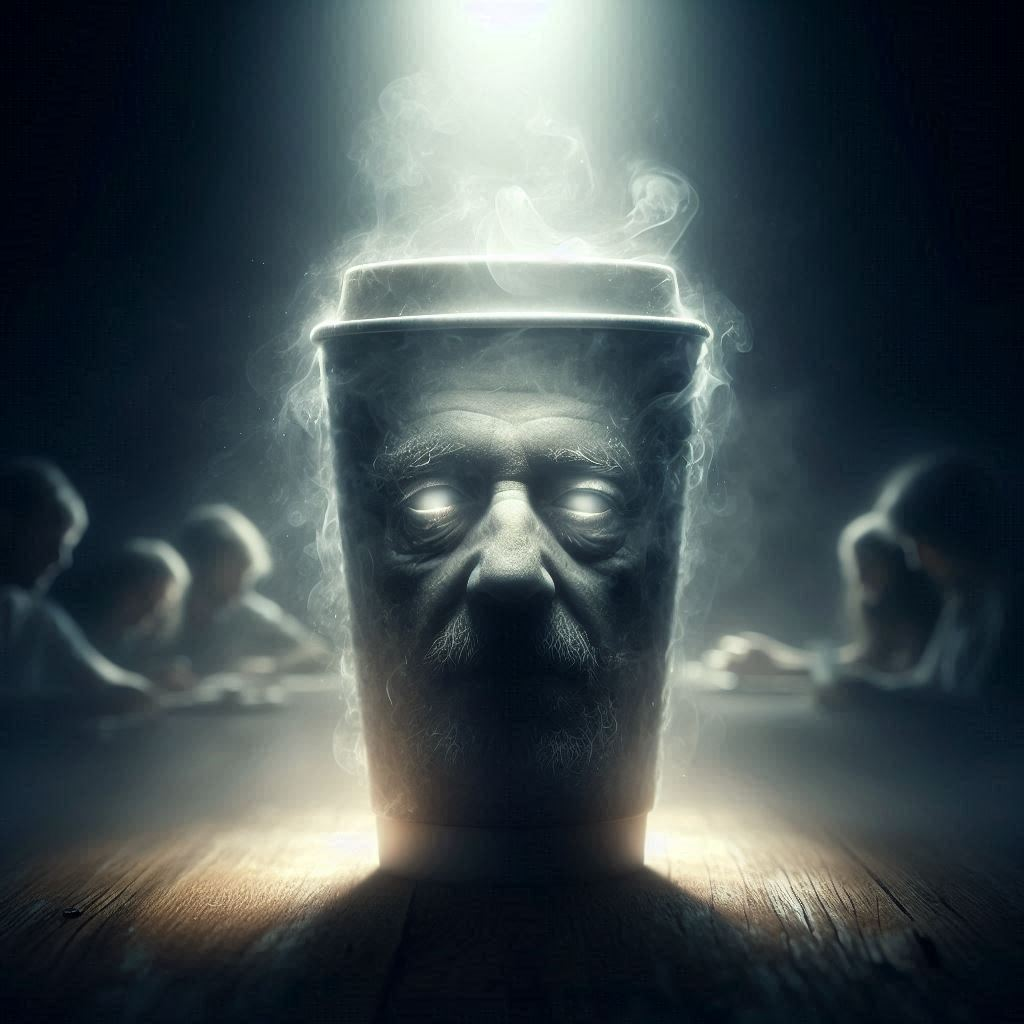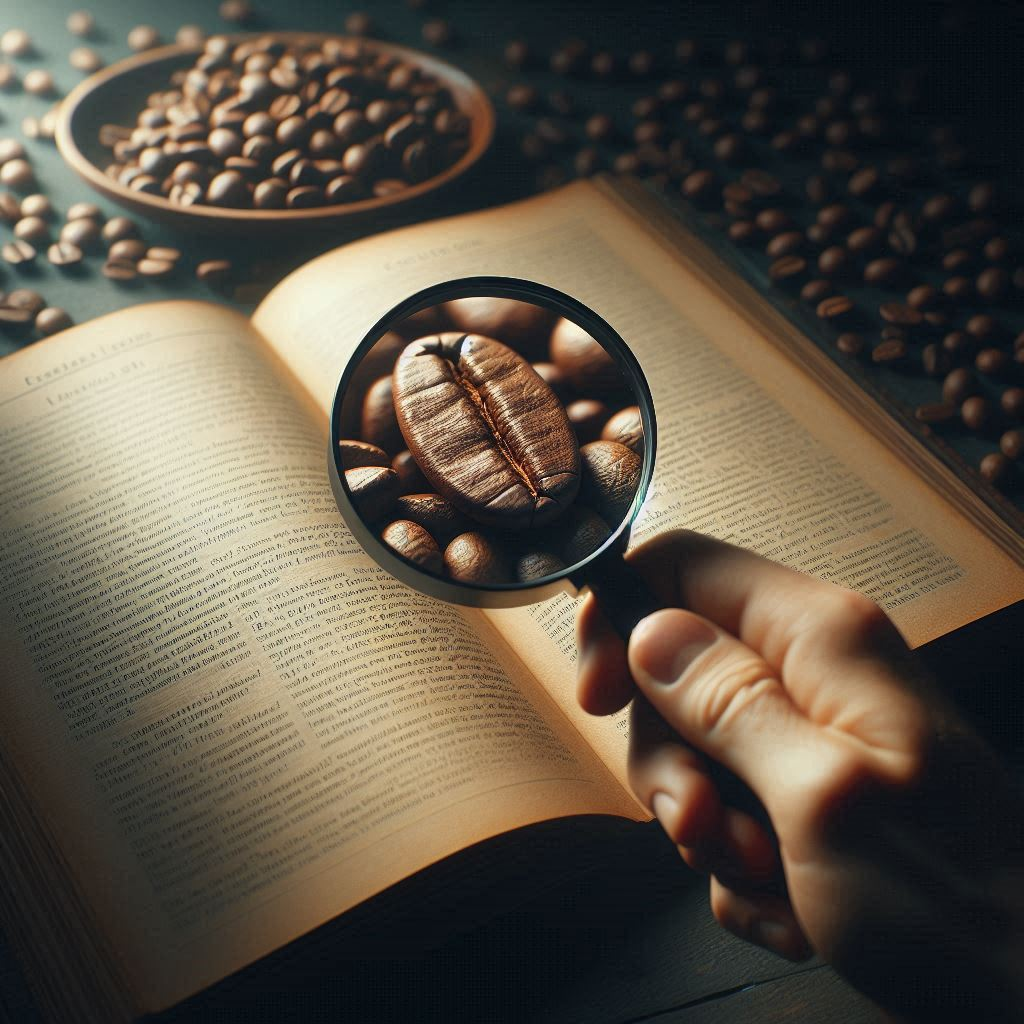Coffee, the beloved morning elixir for millions, is often associated with a jolt of energy and increased alertness. Yet, paradoxically, some people report feeling tired after consuming their daily cup of joe. This seemingly contradictory effect has left many coffee enthusiasts puzzled, wondering: can coffee make you tired?
This question touches on a fascinating intersection of biology, chemistry, and our daily habits. While coffee is renowned for its ability to boost energy levels and improve focus, the relationship between caffeine and fatigue is more complex than it might appear at first glance. Understanding why coffee might sometimes lead to tiredness can help coffee lovers optimize their consumption for maximum benefit.
In this article, we’ll explore the science behind coffee’s effects on our bodies and unravel the mystery of why this stimulating beverage might occasionally have the opposite effect. We’ll delve into the physiological processes at play, examine how factors like timing and dosage influence coffee’s impact, and provide insights that will help you make informed decisions about your coffee consumption. Whether you’re a casual sipper or a dedicated coffee connoisseur, this exploration will deepen your understanding of your favorite brew and its intricate relationship with your energy levels.
Roots of the Roast
Coffee’s relationship with human energy levels has a long and storied history, dating back to its discovery in ancient Ethiopia. Legend has it that a goat herder noticed his flock becoming unusually energetic after eating berries from a certain tree. This observation led to the cultivation and spread of coffee plants, eventually making coffee one of the most widely consumed beverages in the world.
The primary active ingredient in coffee, caffeine, is a natural stimulant that belongs to a class of compounds called methylxanthines. When consumed, caffeine interacts with our central nervous system, producing the alertness and energy boost that coffee drinkers have come to expect and rely on.
However, the question “Can coffee make you tired?” highlights a more nuanced aspect of coffee consumption. This paradox touches on the complex interplay between caffeine, our bodies’ natural rhythms, and individual physiological responses. Understanding this relationship is crucial for coffee enthusiasts who want to maximize the benefits of their daily brew while avoiding potential drawbacks.
The relevance of this topic extends beyond mere curiosity. In our fast-paced, productivity-driven society, many people turn to coffee as a tool to combat fatigue and enhance performance. Yet, if coffee can indeed make you tired under certain circumstances, it’s essential to understand when and why this occurs. This knowledge can help individuals optimize their coffee consumption habits, potentially improving their energy management, work productivity, and overall well-being.
Moreover, as the specialty coffee industry continues to grow and consumers become more discerning about their coffee choices, understanding the full spectrum of coffee’s effects on the body becomes increasingly important. By exploring why coffee might sometimes lead to tiredness, we gain insights that can inform not only our consumption habits but also broader discussions about caffeine use in society.
The Full Brewdown
To understand how coffee can make you tired, we need to examine several key factors that influence its effects on our bodies. Let’s break down the complex relationship between coffee consumption and fatigue:
1. Adenosine Blockade and Rebound
Caffeine’s primary mechanism of action is blocking adenosine receptors in the brain. Adenosine is a neurotransmitter that builds up throughout the day, making us feel increasingly tired. By blocking these receptors, caffeine prevents us from feeling the full effects of adenosine, keeping us alert and awake.
However, this blockade is temporary. As caffeine wears off, the accumulated adenosine can suddenly bind to its receptors, potentially causing a rush of tiredness. This phenomenon, known as “caffeine rebound,” can make coffee drinkers feel more tired than they would have without consuming caffeine.
Example: A person who drinks coffee late in the afternoon might feel energized for a few hours, but as evening approaches and the caffeine’s effects diminish, they may experience a sudden wave of fatigue.
2. Caffeine Tolerance
Regular coffee consumption can lead to caffeine tolerance, where the body becomes less responsive to caffeine’s stimulating effects over time. This tolerance can result in a situation where coffee fails to provide the expected energy boost, potentially making the drinker feel tired due to underlying fatigue that the caffeine can no longer mask.
Evidence: A study published in the journal Psychopharmacology found that daily caffeine consumers developed a tolerance to the anxiety-inducing and blood pressure-raising effects of caffeine, suggesting a broader tolerance to its stimulant properties.
3. Dehydration and Its Effects
While the diuretic effects of coffee are often overstated, excessive consumption can lead to mild dehydration, especially if not balanced with adequate water intake. Dehydration is known to cause fatigue, potentially contributing to the feeling that coffee can make you tired.
Example: A person who replaces their usual water intake with multiple cups of coffee throughout the day might experience dehydration-related fatigue, mistakenly attributing their tiredness to the coffee itself.
4. Sugar and Additives
Many coffee drinks, especially those from popular coffee chains, contain significant amounts of sugar and other additives. The consumption of these sugary beverages can lead to a rapid spike in blood sugar, followed by a crash that leaves the drinker feeling tired and sluggish.
Evidence: A study in the Journal of Clinical Sleep Medicine found that high sugar intake was associated with more restless sleep and increased daytime sleepiness, factors that could contribute to feeling tired after consuming sweetened coffee drinks.
5. Circadian Rhythm Disruption
Consuming coffee at certain times of the day can interfere with the body’s natural circadian rhythms, potentially leading to feelings of tiredness. This is particularly relevant for afternoon or evening coffee consumption, which can disrupt sleep patterns and lead to daytime fatigue.
Example: A person who regularly drinks coffee in the evening might find it difficult to fall asleep at night, resulting in less restful sleep and increased tiredness the following day.
6. Individual Variations in Caffeine Metabolism
The rate at which individuals metabolize caffeine can vary significantly due to genetic factors. Some people are “slow metabolizers” of caffeine, meaning the stimulant stays in their system longer. This can lead to disrupted sleep patterns and subsequent daytime fatigue, even if coffee is consumed earlier in the day.
Evidence: Research published in the journal Sleep found that caffeine consumption six hours before bedtime reduced total sleep time by one hour, with effects varying based on individual caffeine sensitivity.
7. Underlying Health Conditions
In some cases, feeling tired after drinking coffee could be a sign of underlying health issues such as adrenal fatigue or caffeine sensitivity. These conditions can cause paradoxical reactions to caffeine, including increased fatigue.
Example: A person with undiagnosed adrenal fatigue might find that coffee temporarily boosts their energy but is followed by a more severe crash, leaving them feeling more tired than before.
8. Quality and Roast of Coffee
The type and quality of coffee consumed can also influence its effects. For instance, darker roasts typically contain less caffeine than lighter roasts, which could result in less of an energy boost. Additionally, high-quality, freshly roasted coffee from specialty roasters like Phantom Roast Coffee may provide a cleaner, more sustained energy boost compared to lower-quality alternatives.
Evidence: A study in the Journal of Medicinal Food found that different coffee varieties and roasting methods can significantly affect the coffee’s chemical composition and potential health benefits, which could extend to its impact on energy levels.
While it might seem counterintuitive that coffee can make you tired, the relationship between caffeine consumption and energy levels is multifaceted. Factors such as adenosine rebound, caffeine tolerance, dehydration, sugar content, timing of consumption, individual metabolism, and even coffee quality all play roles in determining how coffee affects your energy levels. Understanding these factors can help coffee enthusiasts optimize their consumption habits to maximize the benefits of their daily brew while minimizing potential fatigue-inducing effects.
Practical Tips and Recommendations
To avoid the potential fatigue-inducing effects of coffee and optimize your energy levels, consider these actionable tips:
- Time your coffee consumption wisely:
- Align your coffee intake with your body’s natural cortisol production cycle.
- Avoid drinking coffee immediately after waking; wait 1-2 hours.
- Limit consumption after 2 PM to prevent sleep disruption.
- Monitor your intake:
- Keep a coffee journal to track how different amounts affect your energy.
- Most adults can safely consume up to 400mg of caffeine per day.
- Stay hydrated:
- For every cup of coffee, drink an equal amount of water.
- Consider starting your day with a glass of water before your first coffee.
- Choose quality coffee:
- Opt for high-quality, freshly roasted beans for a cleaner energy boost.
- Try Morning Mist Coffee from Phantom Roast for a smooth, balanced brew.
- Be mindful of additives:
- Reduce or eliminate sugar in your coffee to avoid energy crashes.
- Experiment with natural flavors like cinnamon or vanilla.
- Practice coffee cycling:
- Take regular breaks from coffee to reset your caffeine tolerance.
- Try a 1-2 week caffeine detox every few months.
- Listen to your body:
- If coffee consistently makes you tired, consider reducing your intake or switching to decaf.
- Pay attention to how different brewing methods affect you.
Real-life example: Debbie, a marketing executive, found herself feeling exhausted by mid-afternoon despite her three-cup coffee habit. By implementing these tips, particularly timing her coffee intake and staying hydrated, she experienced more consistent energy levels throughout the day. She also switched to high-quality beans and reduced her intake to two cups, which improved her sleep quality and decreased her afternoon fatigue.
Everyone’s response to coffee is unique. Experiment with these tips to find the perfect balance that keeps you energized without the unwanted tiredness.
Common Misconceptions
Several myths surround the idea that coffee can make you tired:
Myth 1: Coffee always provides an energy boost
While caffeine is a stimulant, its effects vary among individuals. Factors like tolerance, timing, and overall health can influence whether coffee energizes or potentially contributes to fatigue.
Myth 2: Decaf coffee won’t make you tired
Even decaf contains trace amounts of caffeine. For highly sensitive individuals, this might be enough to disrupt sleep patterns, leading to daytime fatigue.
Myth 3: Drinking coffee dehydrates you
Moderate coffee consumption doesn’t significantly contribute to dehydration. However, replacing water intake entirely with coffee could lead to mild dehydration and associated tiredness.
Myth 4: Afternoon coffee won’t affect sleep
Caffeine can remain in your system for up to 10 hours. An afternoon cup might still impact sleep quality, potentially causing next-day fatigue.
Myth 5: Adding sugar counteracts caffeine crashes
Sugar in coffee can lead to rapid energy spikes followed by crashes, potentially making you feel more tired than the caffeine alone.
Understanding these misconceptions can help coffee drinkers make more informed choices about their consumption habits, potentially mitigating the instances where coffee might make them tired.
Final Thoughts
Throughout this exploration of how coffee can make you tired, we’ve uncovered the complex interplay between caffeine, our bodies, and our daily habits. From adenosine blockade and rebound effects to individual variations in caffeine metabolism, the reasons behind coffee-induced fatigue are multifaceted.
We’ve debunked common misconceptions and provided practical tips to optimize your coffee consumption. By timing your intake, staying hydrated, choosing quality beans, and listening to your body, you can maximize the benefits of coffee while minimizing its potential to cause tiredness.
The key takeaway is that coffee’s effects are highly individual. What works for one person may not work for another. This understanding empowers you to experiment and find your optimal coffee routine.
Moving forward, pay close attention to how your body responds to coffee. Keep a journal to track your consumption patterns and energy levels. Consider trying different brewing methods or high-quality beans like those from Demon’s Delight Coffee to see how they affect your energy.
By applying the insights from this article, you can cultivate a more balanced and enjoyable relationship with your daily brew, ensuring that your coffee habit enhances rather than hinders your energy levels.




